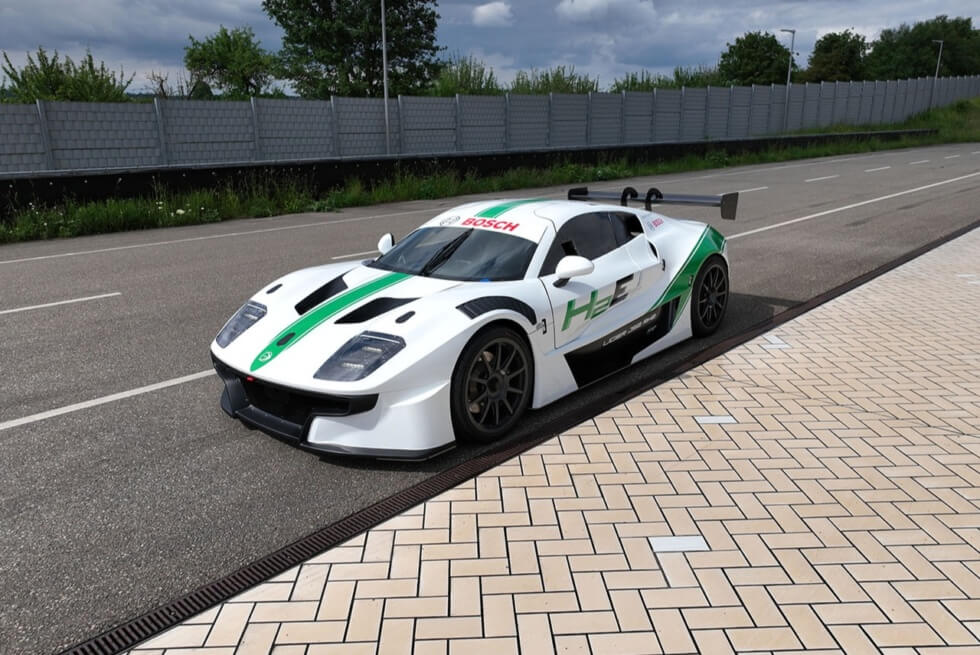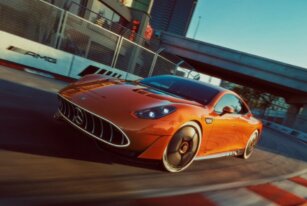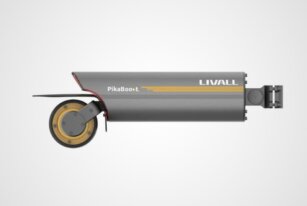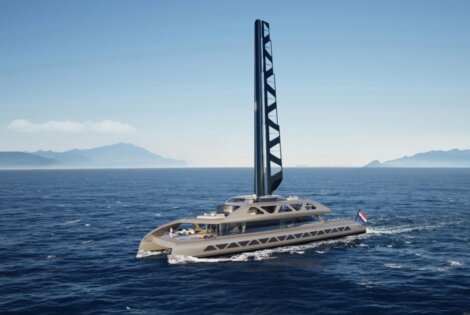It’s remarkable that the 24 Hours of Le Mans is already at its centenary celebrations. Recognized as one of the most prestigious endurance races in the world, it is a grueling proving ground for the best drivers and carmakers. Given the publicity of the event, major reveals are expected to turn up like the JS2 RH2.
It’s easy to pass this off as just another track-only platform that may or may not participate in future competitions, but there’s more to the JS2 RH2 than just its sleek looks. Reports reveal that Ligier has modified its vehicle with the help of Bosch. It teases what the future of motorsports could entail.
Together, the two groups have outfitted it with a cutting-edge powertrain that does not run on conventional fuel. At first, we thought it was another battery-electric or hybrid concept. Instead, what you see here is a machine that uses a hydrogen-combustion system.
We’re still a long way from the mainstream use of this clean alternative to regular petrol. Although the element is considered abundant by scientists, methods for extraction and post-processing for use in motoring are currently far from efficient. The JS2 RHS is equipped with a 3.0-liter twin-turbo Ford Cyclone V6.
Its mill receives a series of upgrades specifically to the fuel injection and ignition components to handle hydrogen. According to Bosch and Ligier, the output of the reworked power plant should output 563 bhp. The hydrogen storage system is integrated into the carbon monocoque and can withstand pressures of up to 700 bar.
A collection of sensors constantly monitors the status of the Purus tanks and regulates the flow to the engine. Ideally, the JS2 RH2 is just as safe as every other racing car out there. Bosch Engineering president Jörg Ruger claims the safety systems will issue warnings or automatically initiate shutdown in case of a catastrophic failure.
Learn More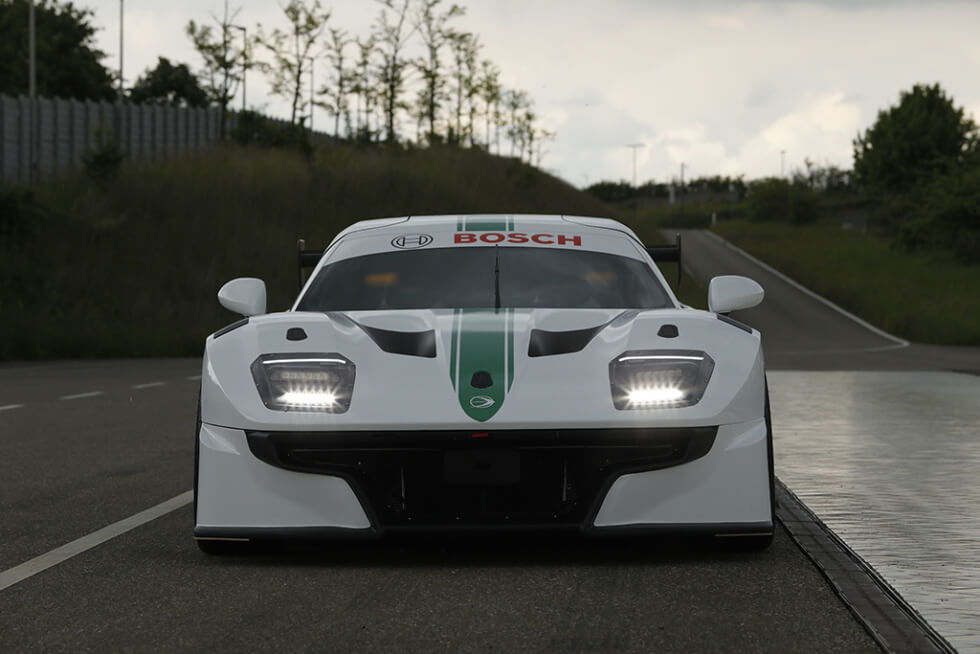
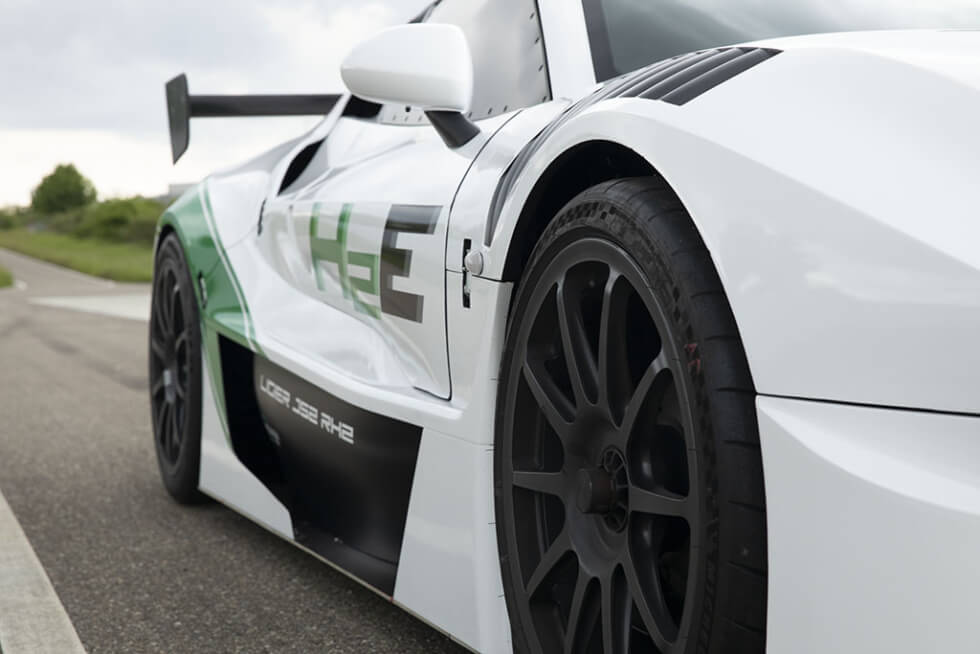
Images courtesy of Ligier/Bosch

